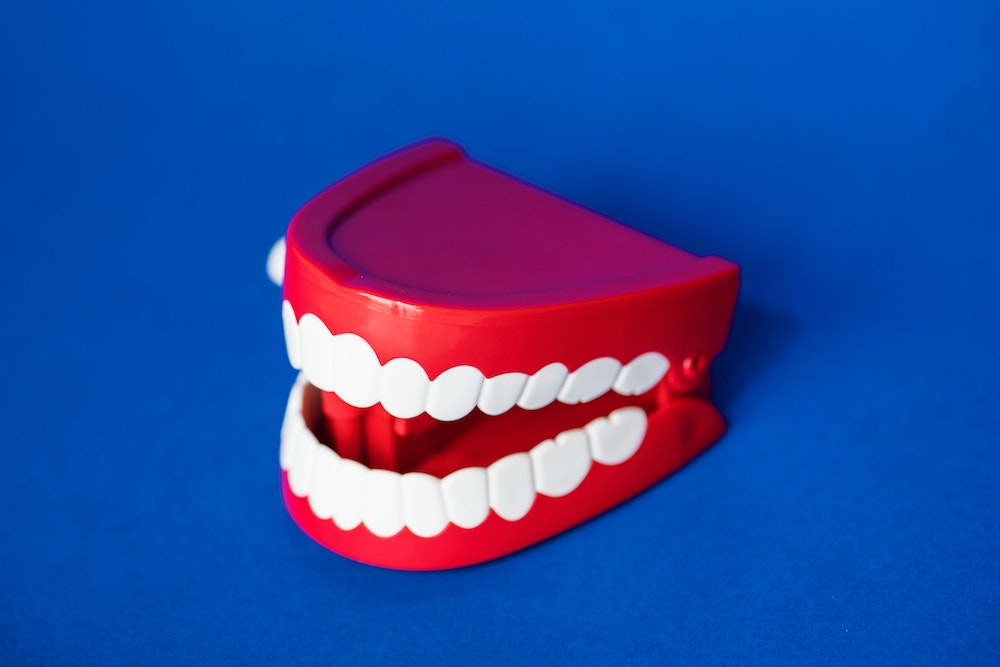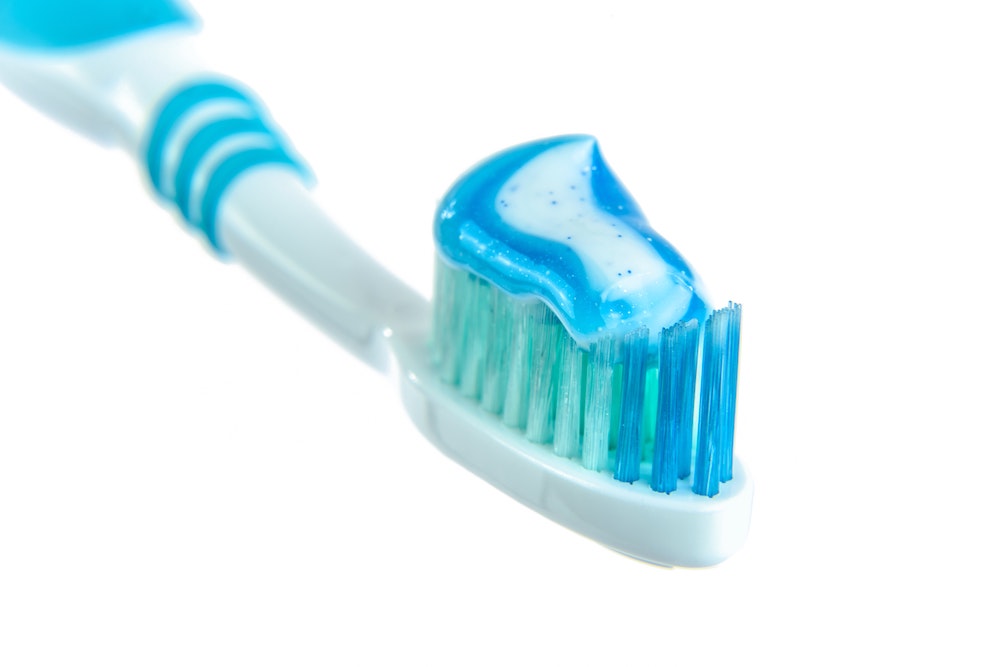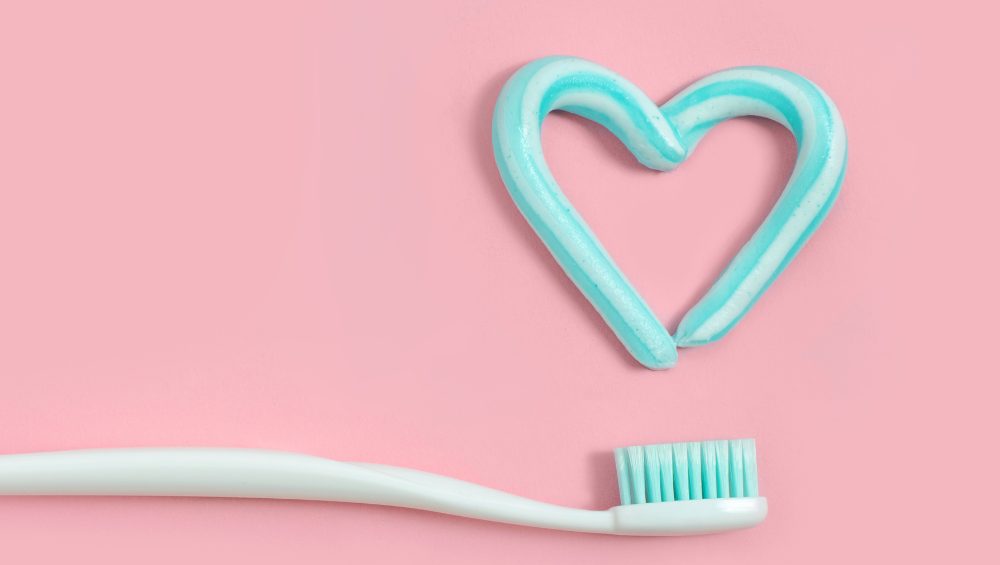
What are the different types of dentists?
September 17, 2019
What is Cosmetic Dentistry?
September 25, 2019National Dental Hygiene Month serves as a reminder of the importance of hygiene for our oral health and our health in general. It also gives us the chance to take stock of our habits and get back to basics if necessary.
Importance of Dental Hygiene
Good oral hygiene greatly increases your chance for a lifetime of healthy teeth, gums, and soft tissue. Poor oral hygiene results in infected or inflamed gums and eventually tooth loss and decay. For this reason alone, investing a few minutes a day to keeping your mouth healthy is worthwhile.
However, recent research indicates a connection between oral health and overall health. According to the Mayo Clinic, your oral health offers a window into your heart and overall health. Poor oral health, usually resulting from poor oral hygiene, is associated with conditions like pneumonia, risk of pregnancy complications, endocarditis and other cardiovascular diseases. The cause of this connection isn’t entirely clear, but one possibility is the chronic inflammation caused by gum disease.
In addition, some health issues make dental problems more likely. In this case, good oral hygiene is even more important to mitigate the risks. Some of these conditions include diabetes, osteoporosis, HIV or AIDS. While these conditions are not caused by oral hygiene issues, they do make it even more crucial to one’s well-being.
Dental Hygiene Basics for National Dental Hygiene Month and Beyond
Oral hygiene requires consistency and a commitment to good habits. However, it only takes a few minutes of each day to maintain these habits. Here is a breakdown of your oral hygiene basics, keep in mind that depending on your situation, your dentist may recommend additional home care. For example, someone with orthodontics may have additional needs compared with someone who doesn’t use orthodontic devices.
Brushing Twice Daily
Brush your teeth twice daily using a soft-bristled toothbrush. Be gentle as you don’t want to damage delicate tooth enamel, this is one reason most dentists do not recommend brushing more often than twice a day. Be sure to use a toothpaste containing fluoride at least once a day.
Note, avoid using fluoride toothpaste for infants and toddlers who are not yet able to avoid swallowing when they brush. If you have young children, talk to your dentist about when to introduce fluoride to your child’s routine.
Flossing Daily
Flossing your teeth is one of the most important self-care habits for your oral hygiene. Gum disease and cavities are caused by bacteria that builds up in the mouth. Brushing removes bacteria on the tooth surface, but it can’t reach bacteria between the teeth and below the gum line. This is where flossing becomes crucial.
Gently floss to remove bacteria from those places your toothbrush can’t reach. Be aware that your gums may bleed if you are not already a frequent flosser. Sometimes patients incorrectly assume they injured themselves. This bleeding is the result of inflammation and early gum disease. Keep flossing daily and the bleeding will stop as your gums become less inflamed.
Some people use a water flosser as a supplement to their flossing. This can help cleans and rinse away bacteria. In some cases, a patient may use such a device in place of flossing under the direction of a dentist or dental hygienist.
Mouthwash
Some people use mouthwash to fight bad breath which is often caused by bacteria or to help relieve inflammation in the mouth. This is an optional step that may be recommended in some situations. If you use mouthwash, be sure to discuss it with your dental team for advice on the best product for your needs and how often to use it.
Sugar-Free Gum Or Mints
Chewing gum or mints is not essential. If you choose to enjoy gum or mints, be sure to use a sugar-free product since sugar is responsible for much of the bacteria we seek to remove during our oral hygiene routines. Cutting down on sugar consumption is highly beneficial to your teeth and gums.
In some cases, sugar free mints or gum may be beneficial. For example, if you have dry mouth, the mint can stimulate saliva production for a more healthy lubricated mouth. Also, mints or gum containing a sweetener called Xylitol help fight bacteria so can be beneficial between meals and brushing for those who enjoy mints, candies or gum.
Be careful if you chew gum since excessive chewing may strain or damage the jaw and teeth. In some cases it can also cause muscular tension and pain, especially for people with alignment issues.
Choose Water not Soda or Sugary Drinks
Sugary, acidic, and carbonated drinks wear down the tooth and acids also contribute to bacteria build-up and growth. Instead of a soda, reach for still water. The water helps dilute bacteria and acids between brushing so they do less damage. Also, drinking water benefits your health overall.
If you indulge in sugary or acidic beverages like coffee, soda, Kombucha, fruit juice or wine consider following the drink with a glass of water to dilute the acids. Please note that even healthy foods and drinks can negatively impact your teeth so this is where extra attention to your oral hygiene helps.
Professional Cleaning
Finally, regular professional cleanings gives your oral hygiene a tune-up. Your dental hygienist can safely remove any plaque or bacteria buildup that you didn’t catch by brushing and flossing. Also, during your cleaning and examination any weaknesses in your routine may be corrected. This is the perfect time to ask questions about the products you use, techniques, or any of your concerns.
Your examination may uncover underlying dental health issues early. Early diagnosis leads to early treatment which also tends to have a greater likelihood of success. So in many ways, your regularly scheduled dental visit is an essential part of your dental hygiene plan.
Your Next Steps
National Dental Hygiene Month provides a helpful reminder of the importance of self-care and hygiene. However, we need to think about it and take action daily.
If you are due for an examination or professional cleaning, this is the perfect time to schedule an appointment. If you live in or near Charlotte, NC then Southview Dentistry may serve your oral health needs. Call today to schedule an appointment.




